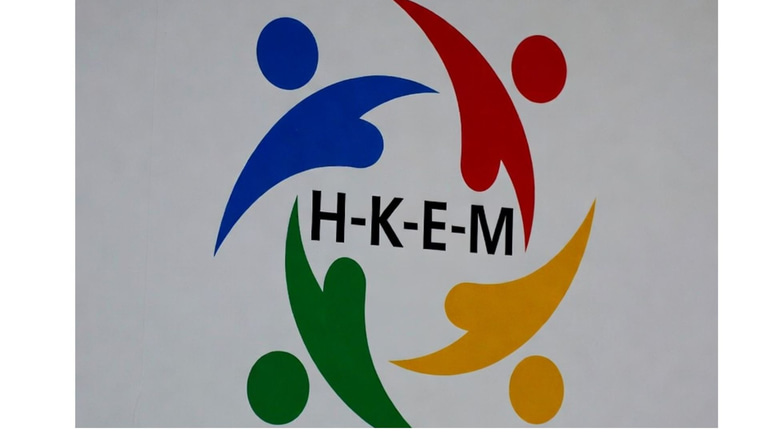
Health is a crown on the heads of the healthy that only the sick can see.
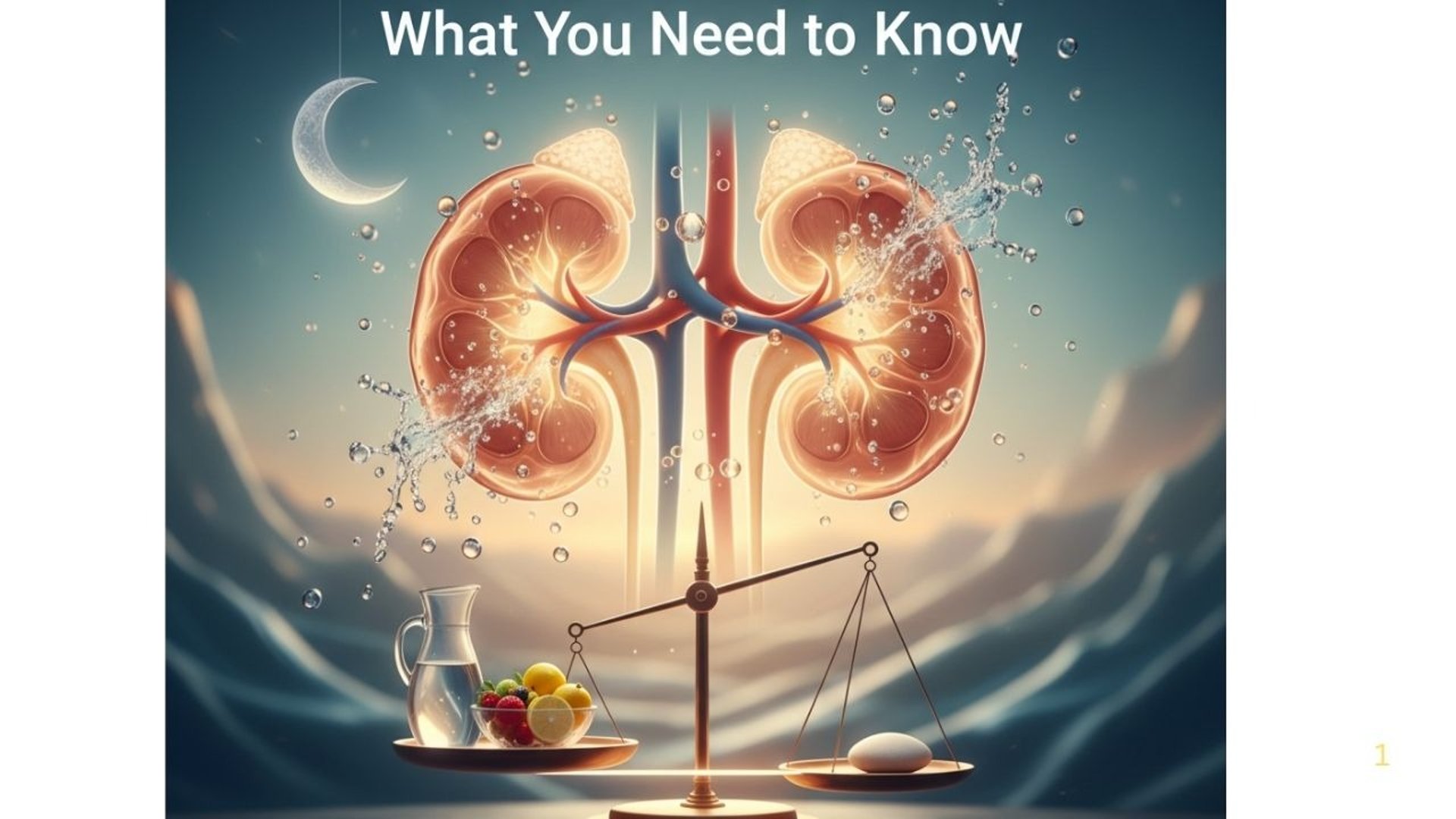
💧🧊🌙Fasting and Kidney Stones : What You Need to Know
💧 Fasting and kidney stones: What’s the connection? Learn how voluntary fasting may influence kidney stone risk, prevention, 🧊🌙
GENTIOURINAY SYSTEMFASTING
Dr Hassan Al Warraqi
9/21/20258 min read


💧🧊🌙Fasting and Kidney Stones : What You Need to Know : my experience
💧 Fasting and kidney stones: What’s the connection? Learn how voluntary fasting may influence kidney stone risk, prevention, and management — with hydration, diet, and expert medical insights. 🧊🌙
Fasting is getting more popular, whether it's for religious reasons like Ramadan or for health reasons like intermittent fasting.
One worry people have is if fasting ups your chances of getting kidney stones.
This guide breaks down the science to give you simple advice on how to stay safe.
The Main Idea
Fasting doesn't directly cause kidney stones. The biggest risk is from not drinking enough water, which makes your pee more concentrated.
If you're healthy and haven't had stones before, your body can usually handle short fasts.
But if you already have risk factors, fasting can make stone formation much more likely.
Key Things to Remember
Not Drinking Enough Water is the Real Problem:When you don't drink enough, your pee gets concentrated, which is the main cause of stones.
What You Eat Matters: What you eat when you're not fasting is just as important as the fast itself.
Different Fasts, Different Risks:Keto fasting can be risky because it makes your pee more acidic, which can lead to uric acid stones.
It's All About You: There's no one-size-fits-all answer. Your health history determines your risk.
Talk to a Doctor: If you've had stones or have other health problems, get medical advice before fasting.
How Fasting Can Lead to Kidney Stones
To keep yourself safe, it's important to understand how stones form.
1.Not Enough Water = Concentrated Pee
The most obvious link between fasting and kidney stones is not getting enough fluids.
When you're not drinking enough, your body tries to save water by making less pee, which is more concentrated.
This makes minerals like calcium, oxalate, and uric acid more likely to form crystals, which can then turn into stones.
The best way to avoid this is to drink plenty of water (more than 2.5 liters a day).
2.Changes in Your Pee
Fasting can mess with the balance of minerals in your pee. Studies show that pee can get denser, and calcium, oxalate, and uric acid levels can change when you fast.
But these changes don't always mean you'll get stones.
Healthy bodies can often adjust for a short time.
3. The Keto Effect
Keto diets, which are like a fasting state, have their own risk.
Your body makes ketones, which are acidic and lower the pH of your pee.
In acidic pee, uric acid doesn't dissolve well and can easily form crystals.
This greatly increases the risk of uric acid stones, even if your uric acid levels are normal.
Fasting Types: Ramadan, Intermittent, and Keto
Ramadan Fasting: Mixed Results
Research on Ramadan fasting and kidney stones is unclear.
Not drinking enough is a risk, but many studies don't show more hospital visits for kidney pain during Ramadan.
What happens depends a lot on how much you drink and what you eat.
Cultural habits (like eating a lot of salty or oxalate-rich foods) can matter more than the fast itself.
Intermittent Fasting: Not Much Info
There aren't many studies on intermittent fasting (like 16:8) and kidney stones.
The risk is probably small and can be managed. The danger is:
* Not drinking enough water when you're eating.
* Eating unhealthy foods that can cause stones (too much salt, oxalate, or animal protein) when you break your fast.
Keto Fasting: High Risk of Uric Acid Stones
This type of fasting is more risky.
Being in ketosis makes your pee more acidic.
If you're on a keto diet, you need to drink a lot of water and maybe even take supplements to make your pee less acidic (talk to your doctor first).
You can also eat foods that make your pee more alkaline, like leafy greens and veggies.
How to Eat to Prevent Stones While Fasting
What you eat when you're not fasting is key to prevention.
General Tips for Everyone
Drink Plenty of Water: Try to pee out at least 2.5 liters a day. Drink water throughout your eating window.
Cut Back on Salt: Too much salt increases calcium in your pee. Aim for less than 2,300 mg a day.
Eat Protein in Moderation: Too much protein can increase calcium, oxalate, and uric acid in your pee.
For Calcium Oxalate Stones (Most Common)
The Calcium Secret: Don't cut back on calcium. Calcium from food (1,000-1,200 mg a day) binds to oxalate in your gut and keeps it from being absorbed.
Not enough calcium can actually increase your risk of stones.
Combine Foods:Eat calcium-rich foods (yogurt, milk) with oxalate-rich foods (spinach, nuts, beets) at the same time.
Limit Oxalate:If you have a lot of oxalate in your pee, eat less spinach, rhubarb, almonds, and beets.
For Uric Acid Stones
Make Your Pee Less Acidic: This is the most important thing. Eat more fruits and veggies (especially lemons and limes) to raise the pH of your pee.
Limit Purines: Cut back on red meat, organ meats, shellfish, and beer, which increase uric acid production.
Citrate is Your Friend
Citrate is a natural stone fighter. Get more by:
* Adding lemon or lime juice to your water.
* Eating fruits like oranges and melons.
* Taking supplements like potassium citrate, if your doctor says it's okay.
Who's at High Risk? See a Doctor First
If you have any of the issues below, fasting without talking to a doctor isn't a good idea:
* You've had kidney stones before.
* You have Chronic Kidney Disease (CKD).
* You have conditions like gout, hyperparathyroidism, or inflammatory bowel disease.
* You tend to get dehydrated easily.
The best way to know your risk factors is to get a 24-hour urine test.
A urologist or nephrologist can use this to create a plan just for you.
In Conclusion
Fasting Doesn't Have to Mean Kidney Stones
Fasting doesn't have to lead to kidney stones.
You can manage the risk by being smart about it.
The most important thing is to stay hydrated.
Also, follow a balanced diet based on your stone type.
Watch your salt and protein intake, and pay attention to how calcium and oxalate interact.
If you're on a keto diet, you absolutely must monitor and alkalinize your pee.
Because everyone's risk is different, it's important to work with a doctor to understand your own body and fast safely.
Keywords: fasting and kidney stones, Ramadan fasting, intermittent fasting, ketogenic diet kidney stones, uric acid stone, calcium oxalate stone, prevent kidney stones, dehydration, urinary pH, dietary management of kidney stones, 24-hour urine test.
FAQs: Fasting and Kidney Stones frequently asked questions
1.Does fasting directly cause kidney stones?
No, fasting isn't a direct cause. The main issue is not drinking enough water, which leads to concentrated pee.
If you stay well-hydrated, the risk is much lower.
2. I'm healthy and have never had stones. Can I fast?
If you're healthy and have no risk factors, short-term fasting is probably fine.
But it's absolutely important to drink plenty of water during your eating windows.
3. Does the type of fasting matter?
Yes. All fasting requires good hydration, but some types are riskier:
Ramadan Fasting: Risk depends on how much you drink and what you eat after sunset.
Intermittent Fasting: Risk is usually low if you drink enough water and eat healthy meals.
Keto Fasting/Diets: This has a higher risk of uric acid stones because ketosis makes your pee acidic.
4. What's the single most important thing I can do to prevent stones while fasting?
Drink enough water to pee out at least 2.5 liters a day.
5. I've had kidney stones before. Can I still fast?
Be very careful and only fast with a doctor's guidance.
Your risk is already higher, and fasting without a plan could cause problems.
6.Should I avoid calcium if I tend to get calcium oxalate stones?
No! This is a common mistake. Calcium from food is important because it binds to oxalate in your intestines.
7. What should I eat when I break my fast?
Focus on balanced meals:
* Pair calcium and oxalate: Yogurt with spinach, milk with nuts.
* Limit salt: Avoid processed foods.
* Moderate protein: Don't overdo red meat.
* Include citrate: Add lemon or lime juice to your water.
8.Who should avoid fasting?
People with:
* A history of kidney stones
* Chronic Kidney Disease (CKD)
* Gout or hyperparathyroidism
* A tendency to get dehydrated
9. When should I see a doctor?
If you have any risk factors, talk to a urologist or nephrologist before fasting.
They can order a urine test and give you advice.
—-------------------------------------------------------------
====================================
Dr. Hassan Alwarraqi – Physician and researcher in integrative medicine.
He explores the role of natural therapies such as voluntary fasting, honey products, and lifestyle interventions as complementary approaches in chronic diseases like kidney stones (urolithiasis), while emphasizing safe integration with conventional medical care.
https://h-k-e-m.com/fasting-and-kidney-stones-what-you-need-to-know
—--------------------------------------------------------------------------------------
================================================
#InfectionControl #FleshEatingBacteria #ImmuneSystem #FastingAndImmunity #SepsisAwareness
—---------------------------------------------------------------------------------------
===================================================
💧 Fasting & Kidney Stones: A Conservative Medical View 🧊 dr hassan alwarraqi point of view
Based on the philosophy of Dr. Hassan Alwarraqi: "No Symptoms, No Complaint = No Unnecessary Investigations"
🔍 Core Principle: Avoid Unnecessary Testing
No symptoms? No action.
If a patient has no pain, no urinary issues, and no history of kidney stones, there is no justification for proactive screening (especially CT/MRI).
Why avoid CT/MRI?
Radiation exposure (CT) and high costs.
Risk of incidental findings (harmless abnormalities that cause anxiety and further unnecessary tests).
Focus on symptom-driven care, not hypothetical risks.
⚠️ How Fasting Might Increase Risk
Dehydration: Long hours without fluids → concentrated urine → ideal environment for stone formation.
Dietary shifts: High-oxalate foods (spinach, nuts) or salty meals at Iftar/Suhoor can contribute.
Key takeaway: Risk is manageable through prevention, not testing.
🛡️ Practical Prevention Strategy (Instead of Testing)
Hydrate aggressively during non-fasting hours (Iftar to Suhoor):
Aim for 2-3 liters of water.
Monitor urine color: light yellow = well-hydrated.
Choose stone-friendly foods:
Limit salt and oxalates (reduce spinach, nuts, chocolate).
Include citrus (lemon/lime juice) – natural citrate prevents stones.
Never skip Suhoor: Use it to hydrate and nourish your body.
🚨 When to Break the Rule: Seek Immediate Help
If symptoms develop, investigations become necessary:
Severe pain in back/side/groin.
Blood in urine (pink/red/brown).
Nausea/vomiting with pain.
Painful urination.
✅ Bottom Line
Fasting is safe for kidneys if you have no symptoms.
Prevention > Investigation. Focus on hydration and diet.
CT/MRI are reserved for symptomatic cases, not asymptomatic screening.
------------------------------------------------------------=================================================


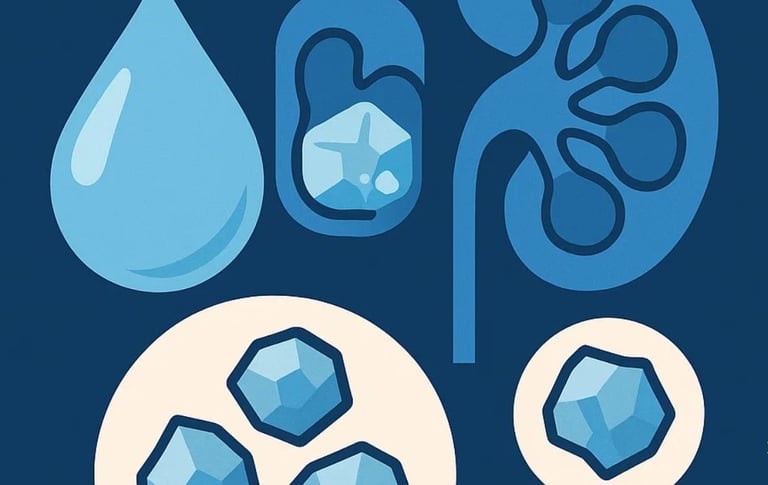

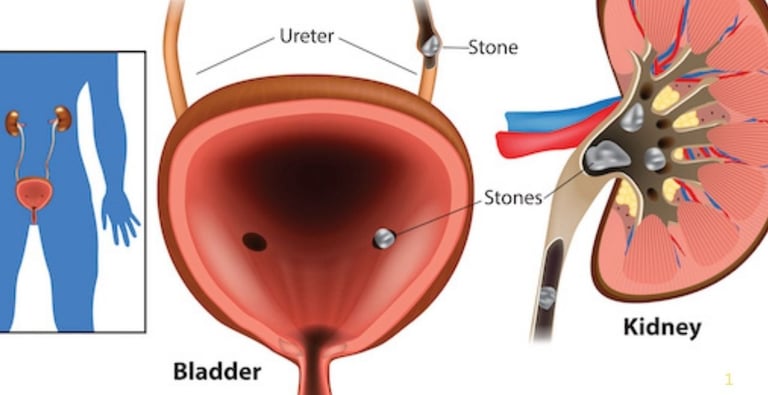

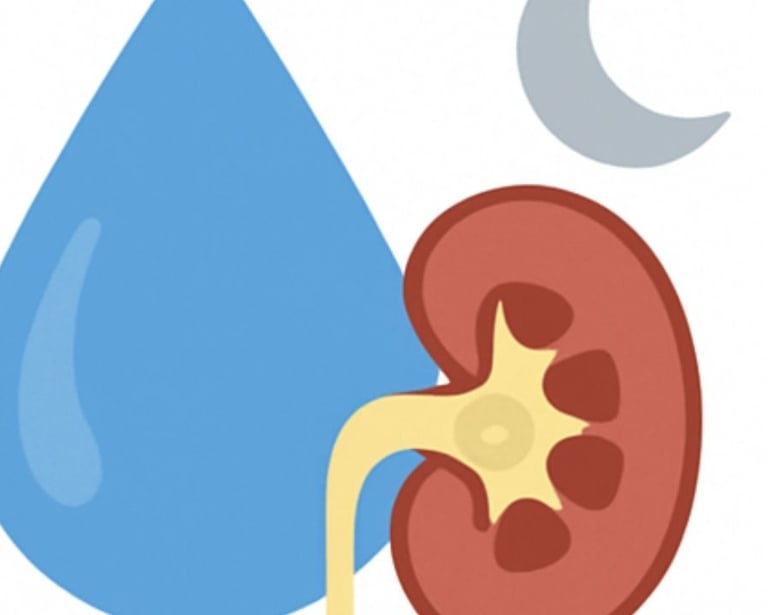



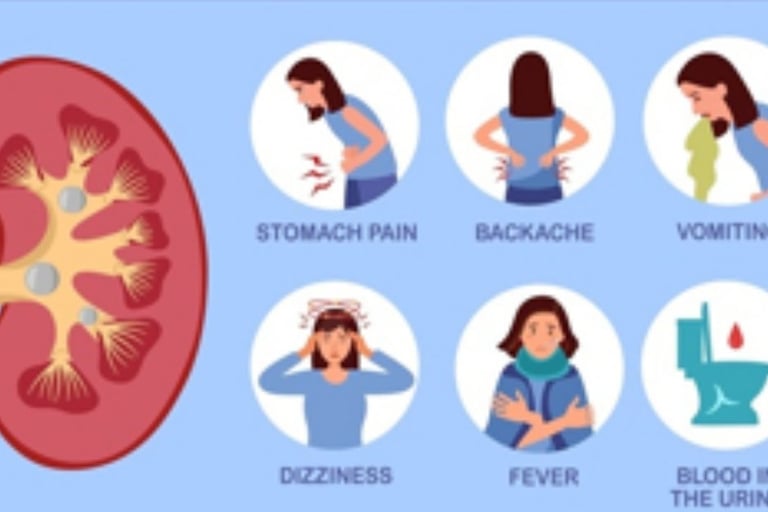

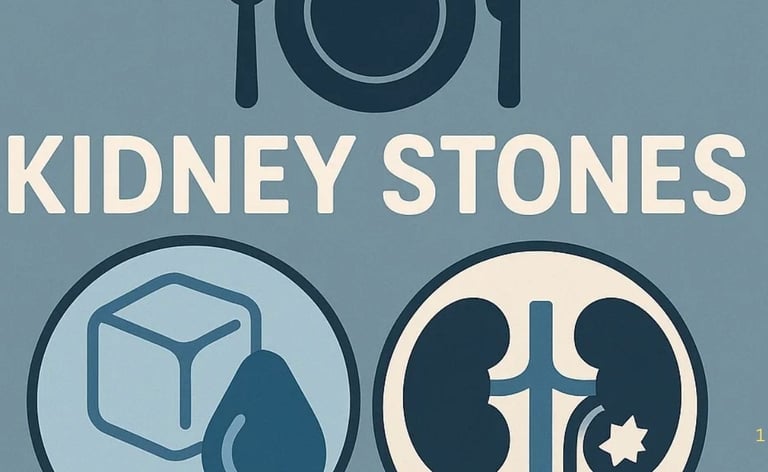

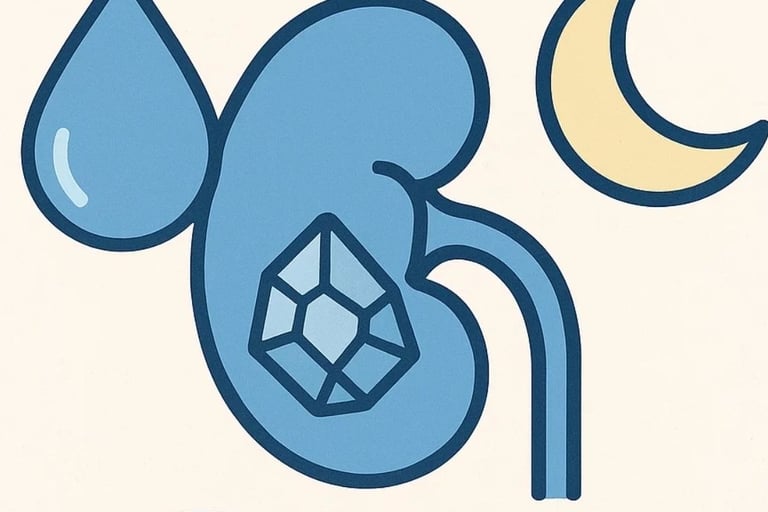

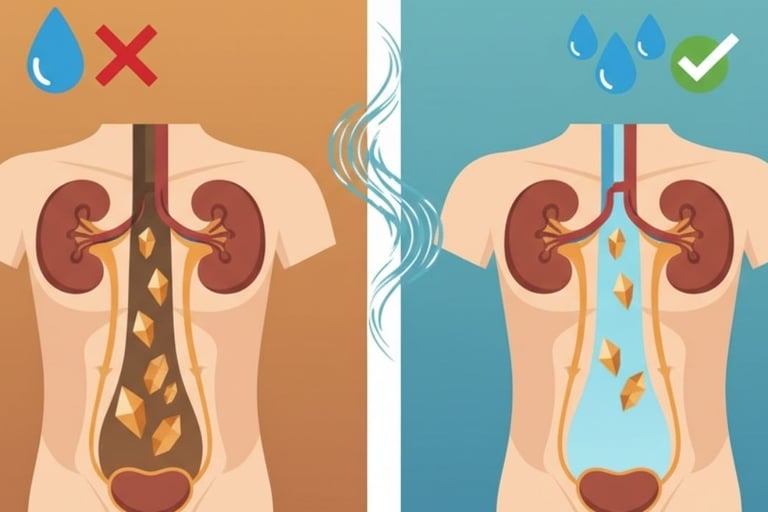

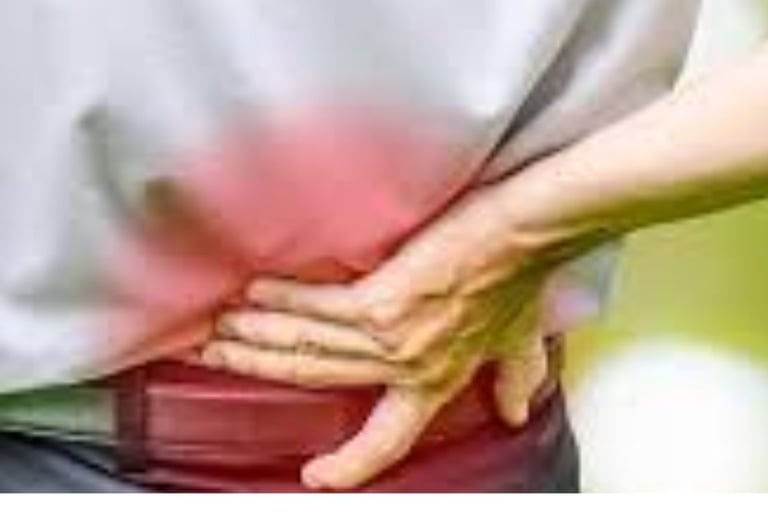


Get in touch
Address
Cairo Al Rehab
Contacts
+20 109 405 2056
hassanalwarraqi@h-k-e-m.com
